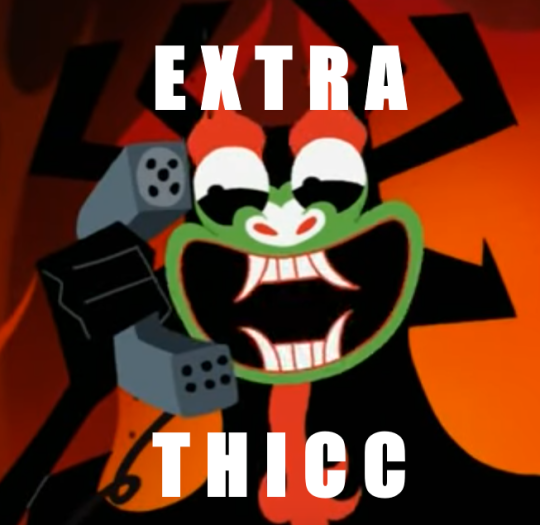Hello everyone,
I have been roleplaying for fun with several friends and I often have a fun time doing so; however, I get disappointed when fellow roleplayers would start using overused fantasy tropes such as:
-Antagonization of Orcs/Goblins/Trolls
-Glorification of Elves and Elven Society
-Elves are master archers
-Emperor is a Dragonblood (Why do Roleplayers love Elder Scrolls?)
-Blondes being dumb... (haha)
I could see how some people could make arguments as to how these tropes happen to be; however, one trope I haven't been able to figure out was the "Dwarves being more technologically advanced than other races." My first impression of this was that Warcraft was what popularized this trope. Tolkien had never shown Dwarves to have large flying machines, clockwork elevators and gates, or rifles. Dungeons and Dragons (3rd Edition) had also never classified Dwarves to be any more tech-savvy than another race. I cannot find a "Logical" argument as to why Dwarves would have the technological edge. I hear most people talk about how "they were born for mountain-life, and thus, are able to have thriving communities with a decent metal income" (in which case, more metal doesn't make you smarter unless you had societal pressure to invest in inventors in which even then, other races wouldn't be that different) I would like to know what started this trope. Was I correct in thinking it was WC? or is there another origin that i am not aware of? If you are also able to make a logical argument as to why Dwarves would be better engineers than most, if would be a fun read and also allow me to feel less negative towards other roleplayers.
I have been roleplaying for fun with several friends and I often have a fun time doing so; however, I get disappointed when fellow roleplayers would start using overused fantasy tropes such as:
-Antagonization of Orcs/Goblins/Trolls
-Glorification of Elves and Elven Society
-Elves are master archers
-Emperor is a Dragonblood (Why do Roleplayers love Elder Scrolls?)
-Blondes being dumb... (haha)
I could see how some people could make arguments as to how these tropes happen to be; however, one trope I haven't been able to figure out was the "Dwarves being more technologically advanced than other races." My first impression of this was that Warcraft was what popularized this trope. Tolkien had never shown Dwarves to have large flying machines, clockwork elevators and gates, or rifles. Dungeons and Dragons (3rd Edition) had also never classified Dwarves to be any more tech-savvy than another race. I cannot find a "Logical" argument as to why Dwarves would have the technological edge. I hear most people talk about how "they were born for mountain-life, and thus, are able to have thriving communities with a decent metal income" (in which case, more metal doesn't make you smarter unless you had societal pressure to invest in inventors in which even then, other races wouldn't be that different) I would like to know what started this trope. Was I correct in thinking it was WC? or is there another origin that i am not aware of? If you are also able to make a logical argument as to why Dwarves would be better engineers than most, if would be a fun read and also allow me to feel less negative towards other roleplayers.





